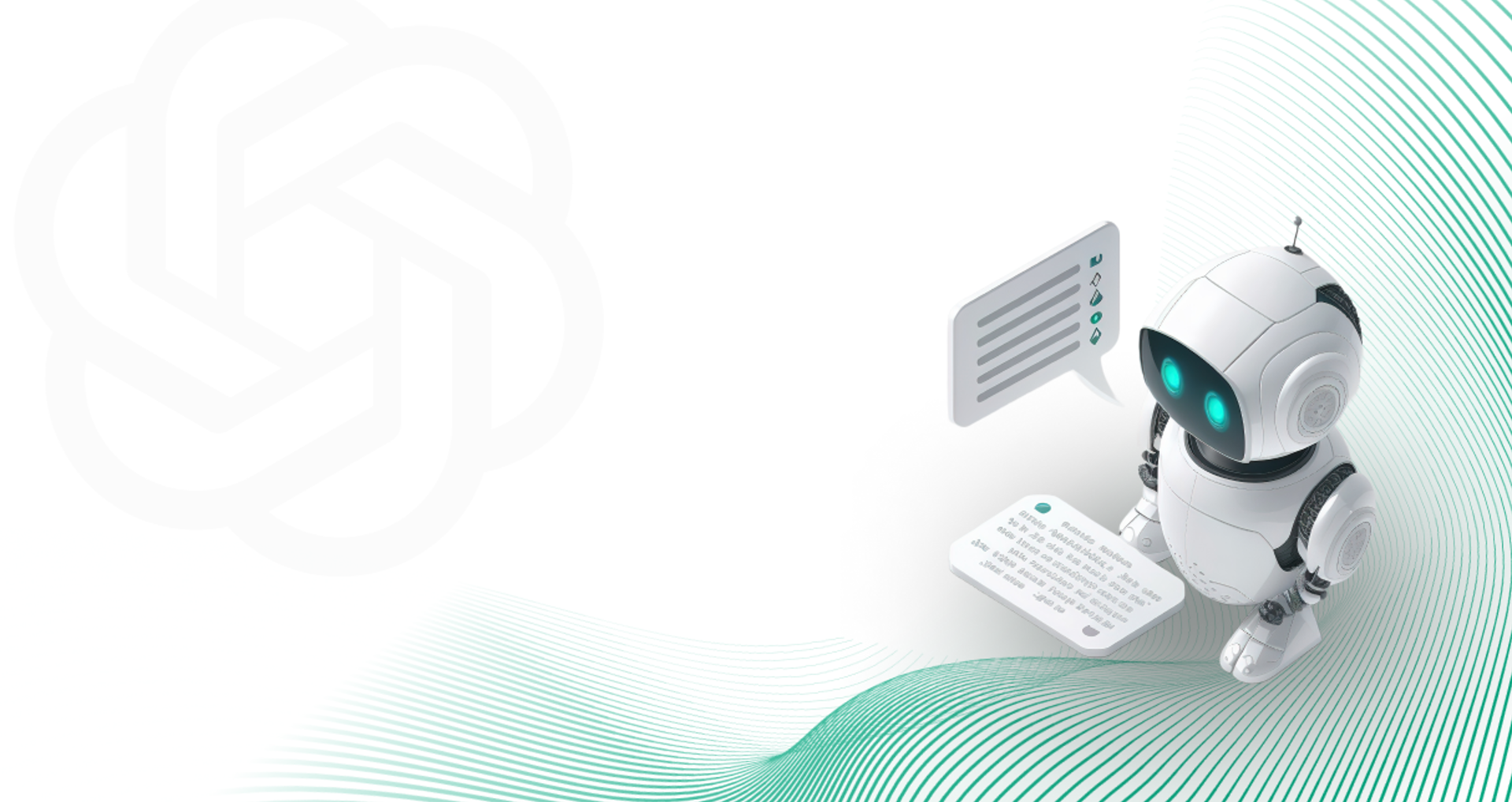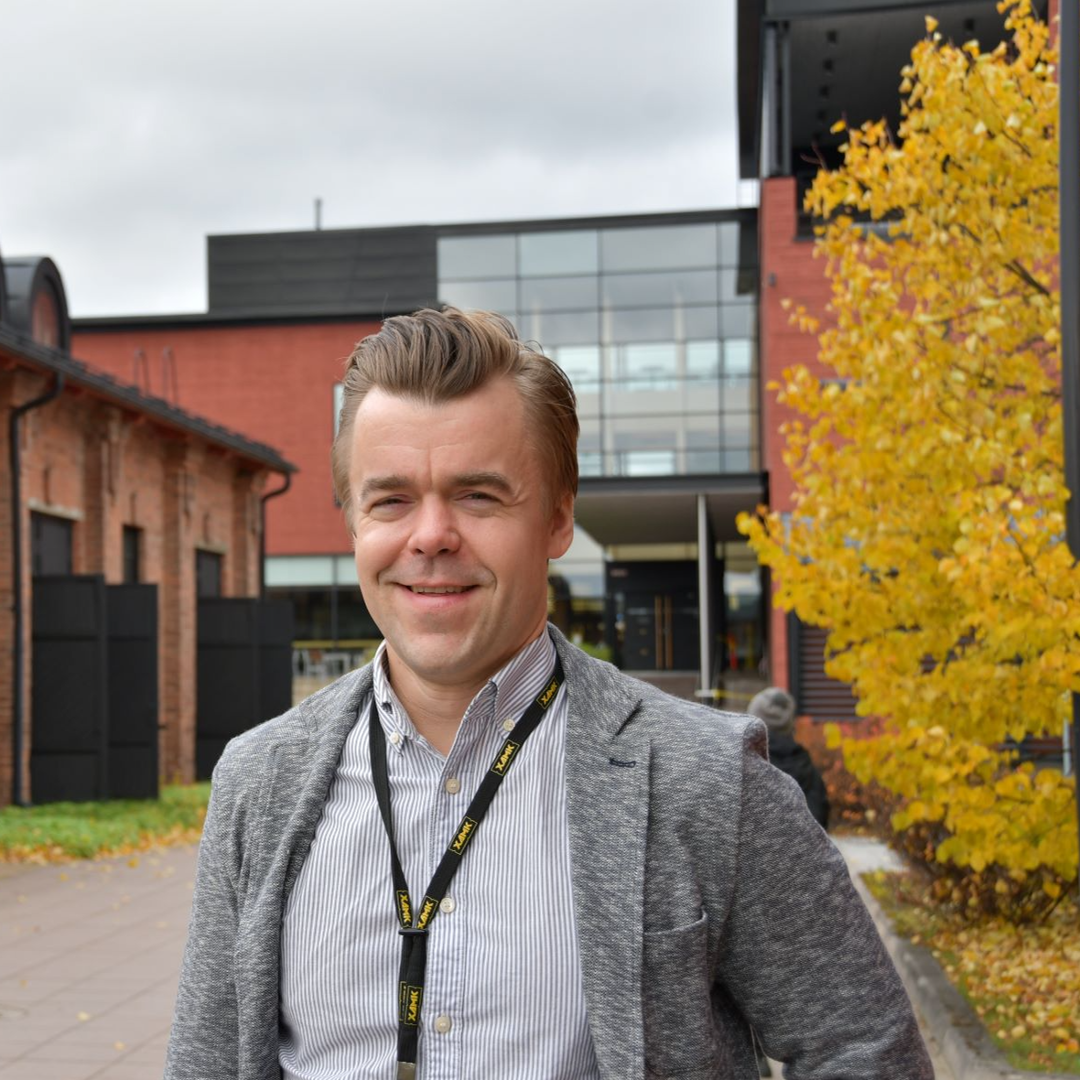About
Ask an ordinary person about artificial intelligence, they know zilch about it but they can sense the future as AI begins unlocking the door into our inner life—our emotions, thoughts, and choices.
It's a matter of just a few decades when, as AI continues to improve, jobs that demand high intelligence and creativity might gradually disappear. The new jobs will demand high levels of expertise and ingenuity, and therefore we will find it difficult to address the problem of unemployment, or workers employable only at extremely low wages.
If experts are to be believed, automation revolution will not be a single watershed event, after which the job market will settle into some new equilibrium. Rather, it will be a cause bigger disruptions. Old jobs will disappear and new jobs will emerge, but the new jobs will also rapidly change and vanish. The workforce will need to retrain and reinvent themselves not just once, but many times, endlessly.
Many of these new jobs will probably depend on cooperation rather than competition between humans and AI. Human-AI teams will likely prove superior not just to humans, but also to computers working on their own.
Amid this scenario, Open AI is already making waves with threatening 80% of jobs contributing to the disappearance of some occupations. Are these observations mere speculations or do they have any solid evidence? Let’s figure it out with our panel of experts who’ll talk about: OpenAI and Its Impact on Employability.



